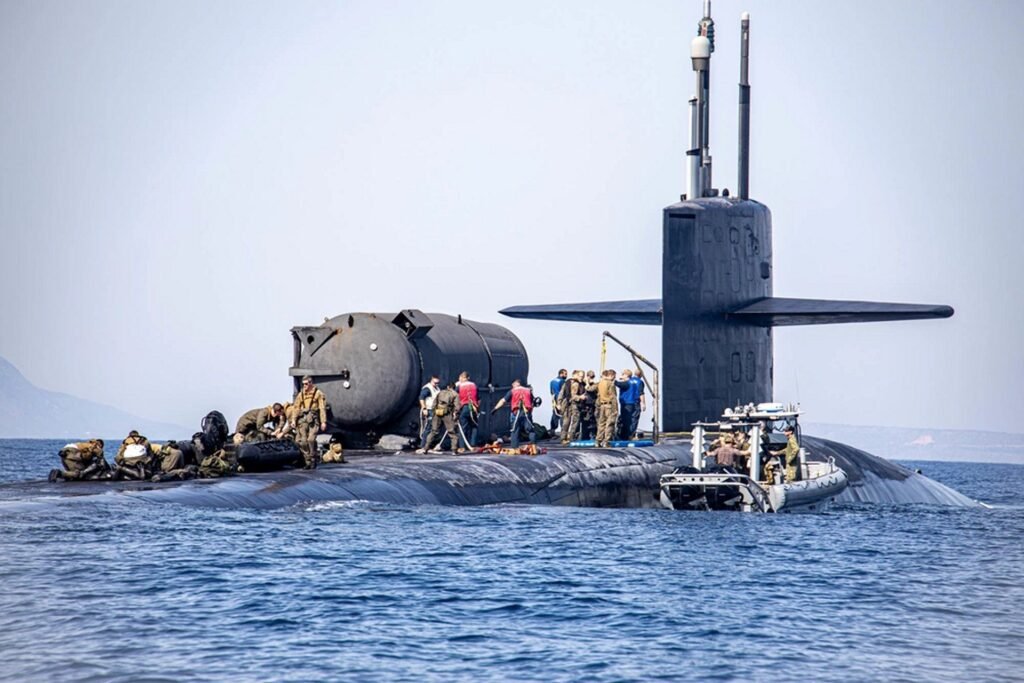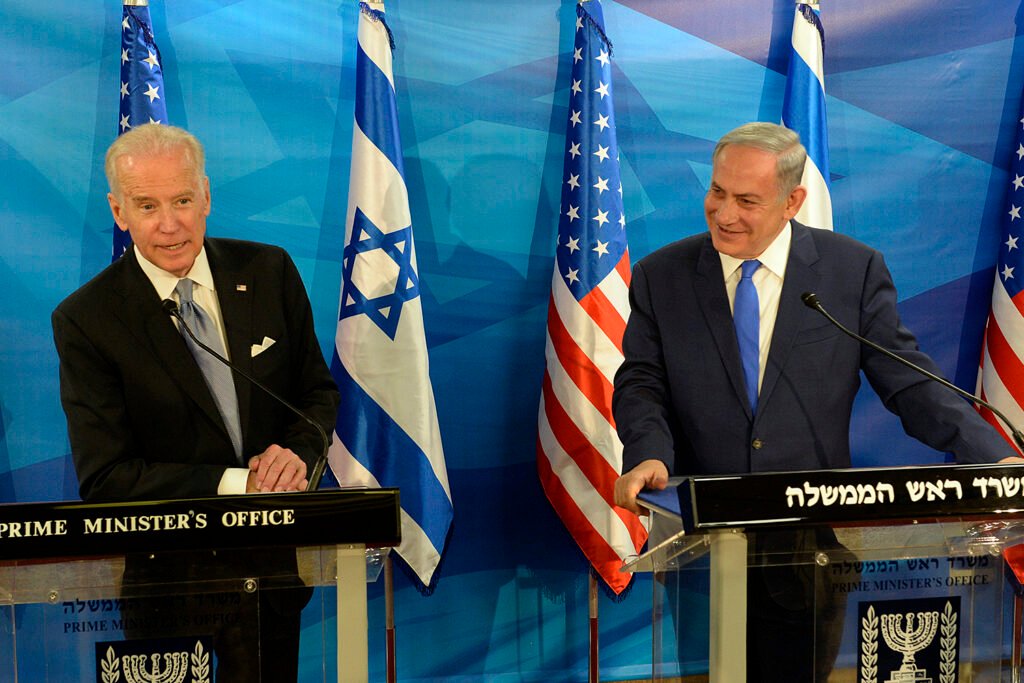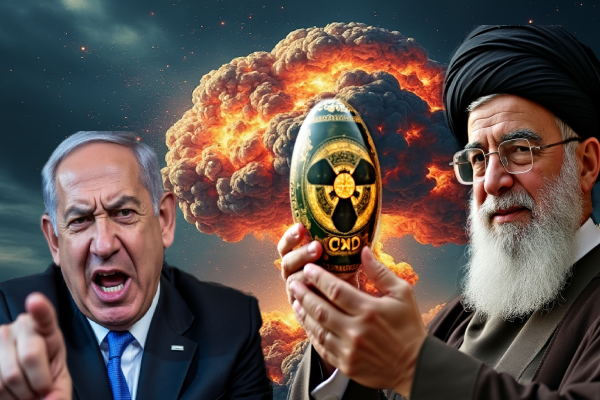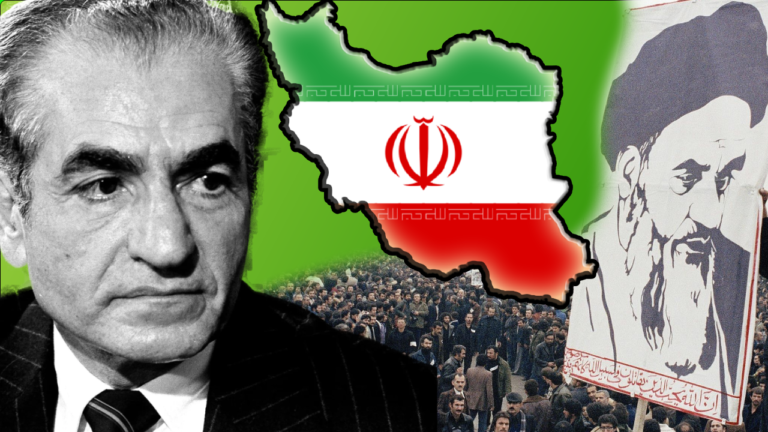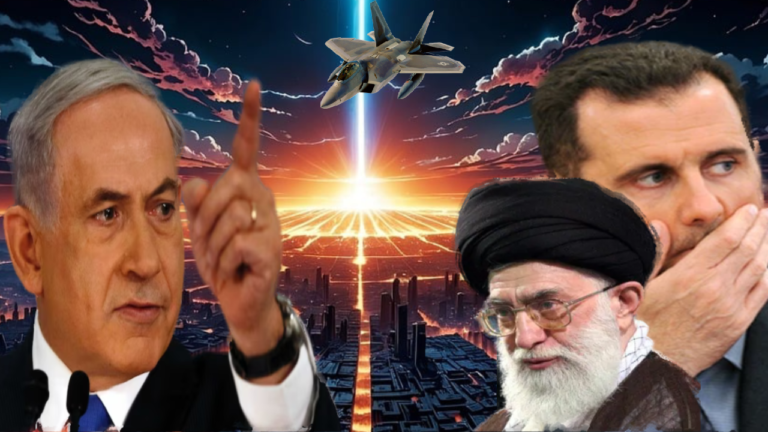U.S. President Joe Biden expressed confidence that Iran would not retaliate against Israel following the assassinations of senior Hamas and Hezbollah leaders, even if a ceasefire agreement is reached in Gaza and Israeli hostages are released. When asked about potential Iranian-linked attacks, Biden firmly responded, “That’s my expectation,” indicating no imminent threat from Iran or its proxies.
Nevertheless, Washington remains cautious. The U.S. has significantly bolstered its military presence in the Middle East, deploying additional warships and fighter jets to assist Israel in case of any retaliation. This response follows the killings of Hamas leader Ismail Haniyeh in Tehran and Hezbollah’s military chief Fuad Shukr in Beirut, which could provoke a reaction from Iran or its regional allies.
To prevent or limit Iranian retaliation, the Biden administration has launched intensified diplomatic efforts. Brett McGurk, the White House’s top Middle East coordinator, has been dispatched to Egypt and Qatar, while senior advisor Amos Hochstein is in Lebanon. These missions are aimed at reassuring regional allies while promoting ceasefire negotiations between Israel and Hamas, with the mediation of the U.S., Egypt, and Qatar. The goal is to end the ongoing war in Gaza, secure the release of hostages, and bring relief to Palestinians, who have suffered heavy losses, with 40,000 reported dead and widespread displacement.
Hamas, however, accused Israel of dragging out the talks without any intention of reaching a deal. They urged mediators to pressure Israel to follow through on the plan Biden had proposed back in May. A senior U.S. official highlighted that the U.S. has been working diplomatically and militarily to prevent further escalation by Iran and its proxy forces while promoting a broader de-escalation, including through a potential ceasefire and negotiations along the Blue Line.
Despite ongoing tensions, U.S. officials said on Tuesday that an attack from Iran does not appear imminent. Sources familiar with the matter suggest that there is internal debate within Iran on how to respond to the assassinations, with Tehran likely to proceed cautiously. This marks a contrast to Iran’s actions in April when it openly signaled its intentions before launching a direct attack on Israel from its territory in retaliation for an Israeli strike on a diplomatic compound in Syria.
An insider connected to the Iranian regime disclosed to the Financial Times that Tehran’s current strategy is to remain deliberately vague about its retaliatory plans. This is part of a broader psychological warfare campaign designed to keep Israel’s military on edge and deny any sense of calm to those living in Israeli-occupied territories. The ambiguity is meant to create uncertainty and fear among Israeli security forces.
Meanwhile, the U.S. State Department notified Congress on Tuesday of a $20 billion arms sale to Israel, including fighter jets, advanced air-to-air missiles, and tank ammunition. While these are long-term contracts and the equipment will take years to arrive, the sale reaffirms the U.S.’s commitment to maintaining Israel’s military edge in the region.
As the situation develops, the Biden administration faces the delicate challenge of supporting Israel’s security while managing the broader regional implications of the conflict. Iran’s potential involvement complicates the situation, as Tehran’s response, whether direct or through proxies, could alter the course of the war. Biden’s expectation of no immediate attack reflects cautious optimism that diplomacy, rather than military escalation, will prevail in resolving the crisis.
